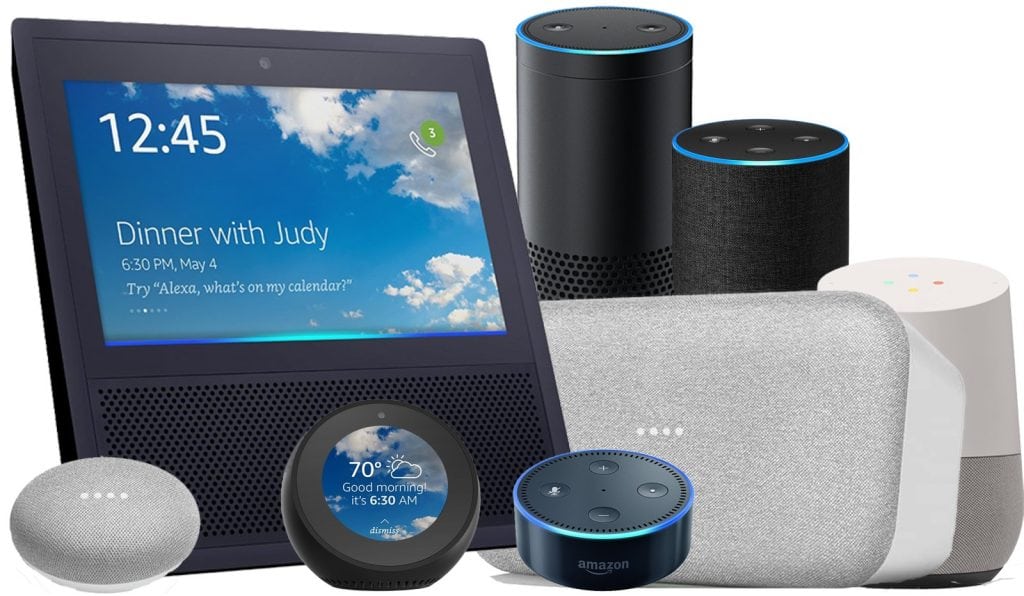So we’ve managed to survive another eventful Christmas. Where the cats managed to kidnap the three bird roast whilst it was defrosting on the kitchen top, leaving us with microwavable southern fried chicken for our main – and our Christmas tree failed to fit into the same box it arrived in, so it is now sitting, or rather laying in pieces, in the back garden looking sorry for itself after all the recent bad weather we’ve had.
Aside from the traditional mishaps, we all have our favourite moments of the Christmas break. For me it’s bearing witness to naive family members in their attempt to translate the instructions for gadgets they’ve been presented with as gifts for the occasion.
I think I was about 8 years old by the time I was being drafted into the technical support department of my family, initially to help my Nan & Grandad setup their new VCR player and show them how to record the Neighbours Christmas special on BBC One.
Over two decades later and I’m still providing a similar service for the gadgets of today for friends and family. This New Year was a particularly interesting one though, as we’ve recently seen the rise of virtual assistants.
What’s the benefit of owning a virtual assistant?
Being a bit of a geek technology enthusiast myself I was very quick to convince my wife, when they were initially released, that we required a virtual assistant in order for us to progress further in life. We now have an Amazon Echo in our living room and an Echo Dot on the landing upstairs.
Now despite the fact we all know I was lying through my teeth during the amateur sales pitch I delivered to my wife in order to gain her permission to buy one, it turns out that it really has provided amazing support to our everyday lives. Even more so since having a new-born baby!
How has this support manifested itself though? Well, it’s the little things like being able to use a virtual assistant to control smart lights through voice and remain hands-free whilst holding a baby. Avoiding using the light switch and making the trip back to bed in the pitch black safer. Or even setting timers and reminders vocally from anywhere in the house for activities ranging from cooking, to making the baby’s next bottle.
How virtual assistants are growing
As a marketer however, I’m interested in how rapidly virtual assistants are becoming commonplace in people’s homes and how much longer before it becomes a viable marketing platform.
On Google Home for example there is already evidence of them testing the water with advertisements. So it’s no longer a possibility now, just a case of when.
According to Google, voice search is responsible for more than 20% of global mobile search queries today, and this is predicted to grow by more than 50% by the time we reach 2020. As expected the largest demographic frequently using the voice search functionality to date are 18-25 year olds. However, as virtual assistants like Amazon Echo and Google Home become more commonplace in the family home, this is likely to increase.
voice search is responsible for more than 20% of global mobile search queries today
At this rate of growth it’s not going to be unlikely that we begin seeing a paid and organic voice search become familiar sources of traffic and leads in future marketing reports. We’ve already seen how as search engines have evolved they’ve become more accustomed to the interpretation of conversational language featured in user’s search queries. Now with voice searches becoming more of a focus too, the semantics in spoken language are going to need to be carefully considered when conducting keyword research.
So while it may not be upon us just yet, now is the time you need to start thinking about how your digital presence could be optimised for the rise of virtual assistants.
